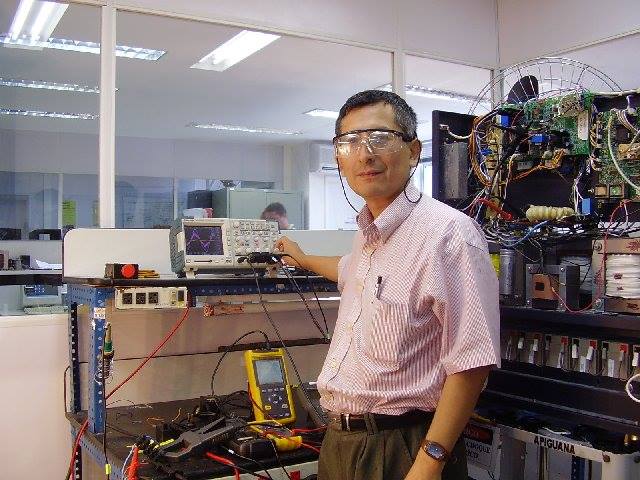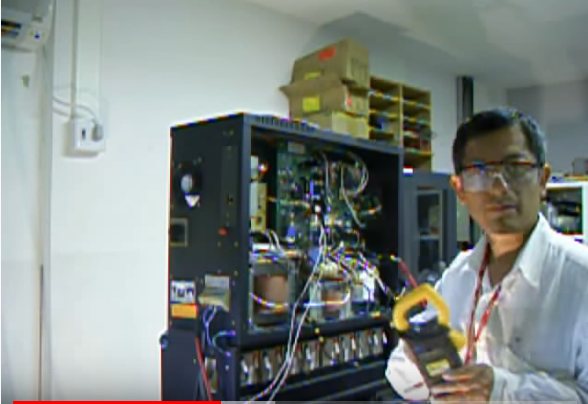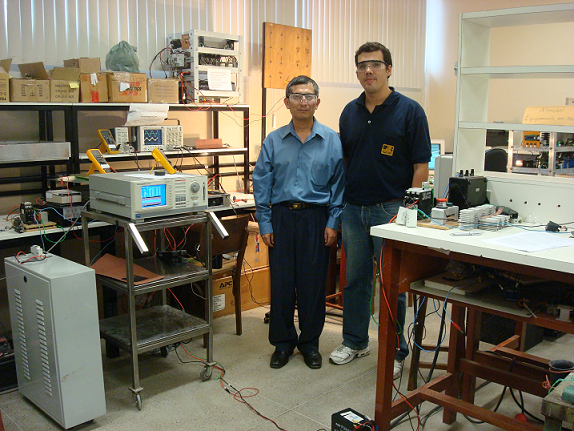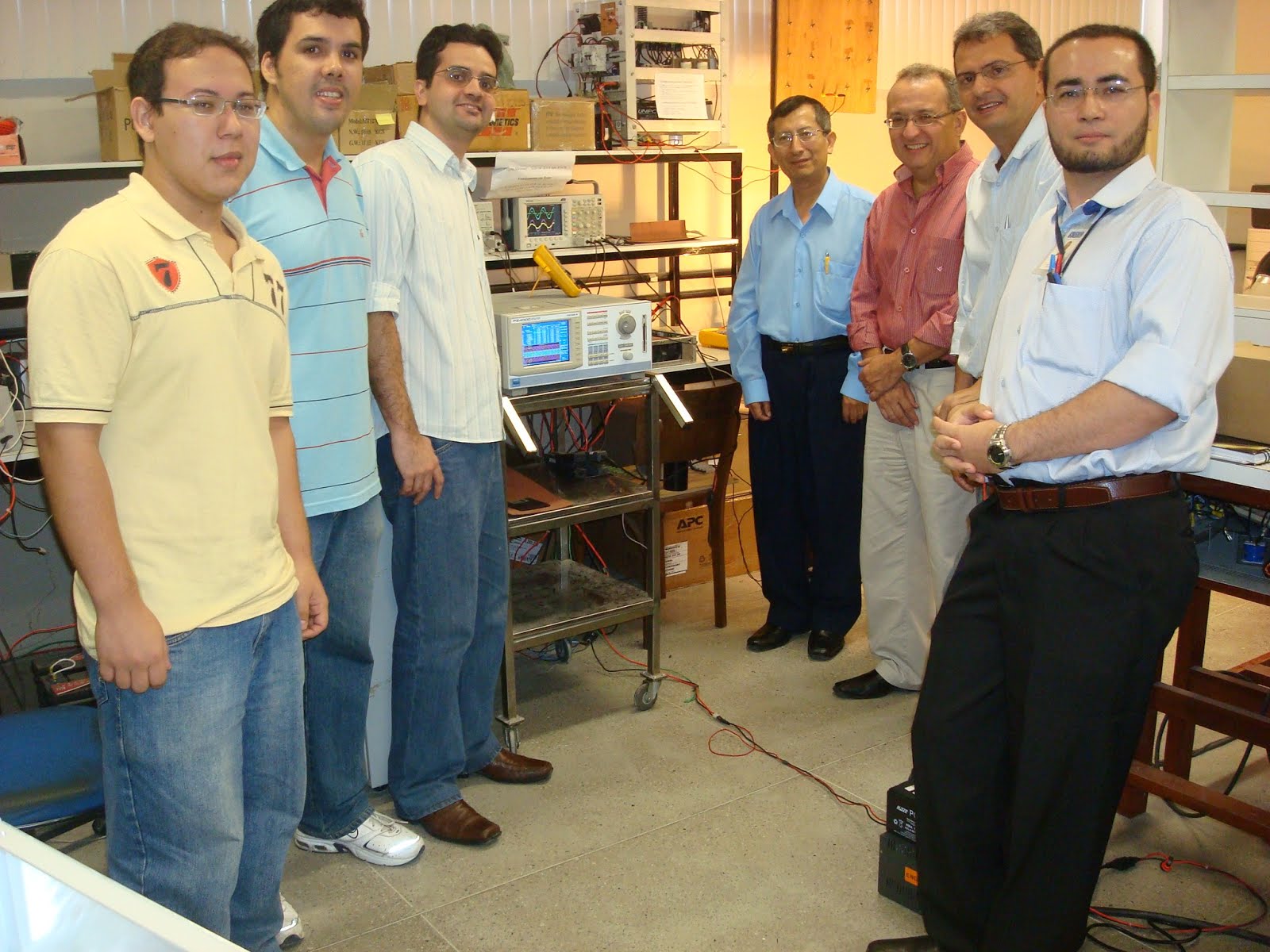Transformerless Single-Phase Universal Active Filter with UPS Features and Reduced Number of Electronic Power Switches W. R. N. Santos, E. M. Fernandes, E. R. C. da Silva, C. B. Jacobina, A. C. Oliveira and P. M. Santos Federal University of Piau´ı - UFPI Federal University of Campina Grande - UFCG Federal University of Maranh˜ao - UFMA-BRASIL
domingo, 9 de maio de 2021
Transformerless Single-Phase Universal Active Filter with UPS Features and Reduced Number of Electronic Power Switches W. R. N. Santos, E. M. Fernandes, E. R. C. da Silva, C. B. Jacobina, A. C. Oliveira and P. M. Santos Federal University of Piauí - UFPI Federal University of Campina Grande - UFCG Federal University of Maranhão - UFMA-BRASIL
Transformerless Single-Phase Universal Active Filter with UPS Features and Reduced Number of Electronic Power Switches W. R. N. Santos, E. M. Fernandes, E. R. C. da Silva, C. B. Jacobina, A. C. Oliveira and P. M. Santos Federal University of Piau´ı - UFPI Federal University of Campina Grande - UFCG Federal University of Maranh˜ao - UFMA-BRASIL
Design of an Highly Efficient AC-DC-AC Three-Phase Converter Using SiC for UPS Applications by Wendell C. Alves ,*,Lenin M. F. Morais and Porfirio C. Cortizo
Design of an Highly Efficient AC-DC-AC Three-Phase Converter Using SiC for UPS Applications by Wendell C. Alves ,*,Lenin M. F. Morais and Porfirio C. Cortizo ,
Graduate Program in Electrical Engineering, Universidade Federal de Minas Gerais, Av. Antônio Carlos 6627, Belo Horizonte—MG 31270-901, Brazil Department of Electronic Engineering, Universidade Federal de Minas Gerais, Av. Antônio Carlos 6627, Belo Horizonte—MG 31270-901, Brazil
Abstract
With the constant increase of energy consumption in the world, the efficiency of systems and equipment is becoming more important. Uninterruptible Power Supply (UPS) is an equipment that provides safe and reliable supply for critical load systems, that is, systems where a supply interruption can lead to economical or even human losses. The Double Conversion UPS is the most complete UPS class in terms of load protection, regulation, performance, and reliability, however, it has lower efficiency and higher cost because of its high number of power converters. Silicon Carbide devices are emerging as an opportunity to construct power converters with higher efficiency and higher power density. The main purpose of this work is to design a three-phase AC-DC-AC converter using Silicon Carbide for Double Conversion UPS applications. The aim is to maximize efficiency and minimize volume and mass. The methodologies to size and choose the main hardware components are described in detail. Experimental results obtained with the prototype prove the high efficiency and high power density achievable with Silicon Carbide Metal Oxide Semiconductor Field Effect Transistor (MOSFETs).
On the Practical Design of a High Power Density SiC Single- Phase Uninterrupted Power Supply (UPS) System Cai Chen1, Yu Chen, member, IEEE, Yifan Tan, Jianming Fang1, Fang Luo, senior member, IEEE and Yong Kang1
On the Practical Design of a High Power Density SiC Single- Phase Uninterrupted Power Supply (UPS) System Cai Chen1, Yu Chen, member, IEEE, Yifan Tan, Jianming Fang, Fang Luo, senior member, IEEE and Yong Kang Abstract- this paper proposes a high power density SiC singlephase system potential for Uninterrupted Power Supply (UPS) applications. To get the high power density, the semiconductors, packaging, circuit topology and thermal design are synthetically considered. To increase the switching frequency and reduce the size of the passive components, the SiC MOSFETs and diodes are chosen; to minimize the parasitic inductances and eliminate the snubbers, the SiC bare dies are packaged as the Half-Bridge (HB) modules; to remove the bulky DC-link capacitors, the Full-Bridge inverter and the Active Power Filter (APF) are designed, and they are structured by using the fabricated SiC HB modules; and finally to dissipate the heat from such a compact enclosure in the cost-efficient way, the heat-sink of the modules and the forced air cool system are well designed, and the thermal 3D-Finite Element Analysis model is built to survey the best cooling configuration. A 2kVA prototype is built and tested, and the power density of the system is up to 58W/in3 and the maximal efficiency is up to 98.3%.
A High-Performance Online Uninterruptible Power Supply (UPS) System Based on Multitask Decomposition Qiongbin Lin, Member, IEEE, Fenghuang Cai, Wu Wang, Sixiong Chen, Zhe Zhang, Senior Member, IEEE, Shi You, Member, IEEE































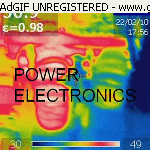




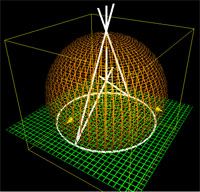


 JOSIL ARTISTA PLASTICO FORTALEZA CEARA BRASIL AV.HERACLITO GRAÇA 41 TEL(85)32542378
JOSIL ARTISTA PLASTICO FORTALEZA CEARA BRASIL AV.HERACLITO GRAÇA 41 TEL(85)32542378